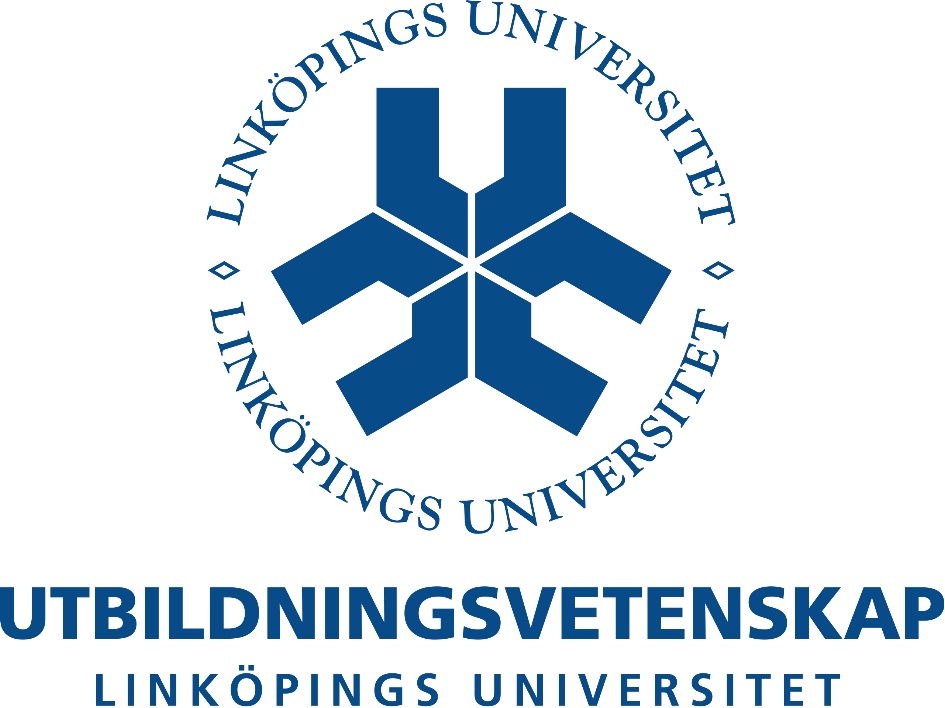
|
Visa engelsk kursplan |
|
Kurskategori Master programme course Huvudområde Ämnesområde Vuxnas lärande - VUA |
Kurskod | LIMLG |
• to encourage understanding of commonalities and differences across different contexts for adult learning
• to learn how to learn and work globally
• to understand of knowledge based societies and the implications for learning
• to develop understanding of the globalisation discourses
• to appreciate the historical context of present developments and link these to ones own sites of practice
• to adopt a multifaceted equity perspective on all issues of learning
• to learn to use teaching and learning technologies globally
• to develop cultural sensibilities and sensitivities
• engage in reframing of ones own professional practice
• create networks of relationships across countries and help establish a global community of adult learning practitioners
• challenge orthodoxies in adult learning theory and practice
3. PROGRAMME STRUCTURE AND FRAMEWORK
The programme is a distance learning programme in collaboration among the University of Linköping, Sweden, the University of British Columbia, Vancouver, Canada, the University of Technology, Sydney, Australia and the University of Western Cape, Cape Town, South Africa. The Masters programme is equivalent to one-year full-time studies, but will typically be taken part-time over two years. A team of academics teaches the programme from the four institutions working collaboratively. All four universities accredit the programme.
The basic idea is that students are admitted to each of the collaborating universities, but that they together make up a common body of students who collaborate in distance learning. The dominating working forms and forms for contact between the collaborating teachers and students are electronic communications via flexible web-based distance learning tools and e-mail.
4. COURSES
The programme comprises eight course modules, each comprising 5 credit points. The introductory module deals with integration of the course and leads up to the development of a capability envelope which continues over the two years. Four of the modules focus on different content themes or ‘perspectives’, designed to be applicable to students with interest or background in any context. One module focuses on research methods and is followed by a research project in those universities where this is required for a Master's degree. If this is not applicable, the research project is replaced by local optional courses, relevant to the programme. The name and sequence of course modules over the programme is shown below:
2. Locating oneself in Global Practice (5 points)
3. Adult Learning: Perspectives and Contexts (5 points)
4. Work and Learning (5 points)
5. Fostering Learning in Practice (5 points)
6. Understanding Research (5 points)
7. Global/Local Learning (5 points)
8. Research project/Local options (10 points)
Content, modes of presentation and examination for each course module are described in more detail in separate course outlines.
Studerande som ej blivit godkänd vid ordinarie examinationstillfälle erbjuds normalt två extra tillfällen enligt denna kursplan, varav ett i nära anslutning till det första examinationstillfället.
Studerande som underkänts tre gånger på kursen eller del av kursen har rätt att begära annan examinator vid förnyat examinationstillfälle.
Kursen bedrivs på ett sådant sätt att både mäns och kvinnors erfarenhet och kunskaper synliggörs och utvecklas.
|
||||||||||||||||||||||||||||||||||||||||||||||||||||||||||||||||||||||||||||||